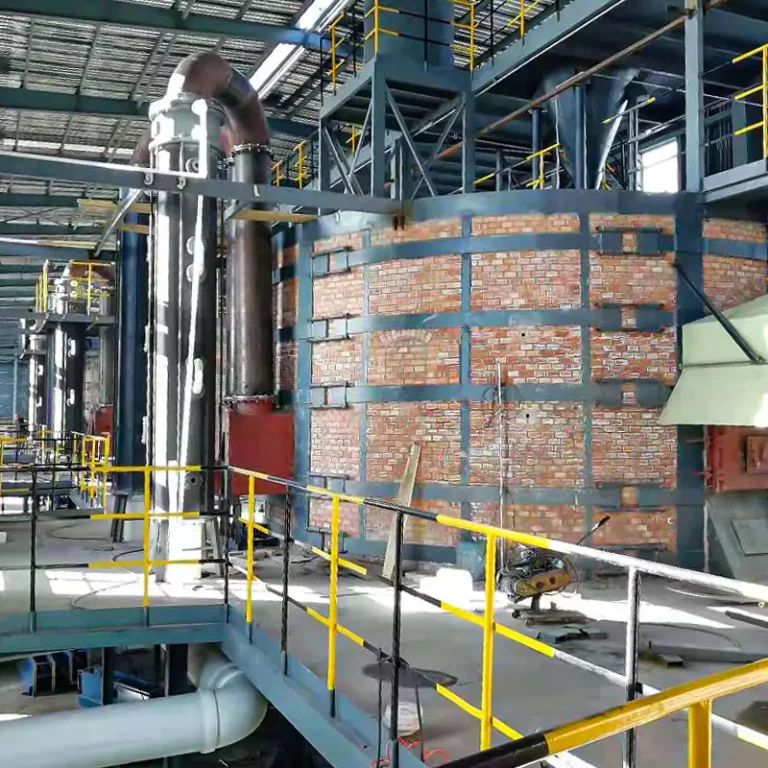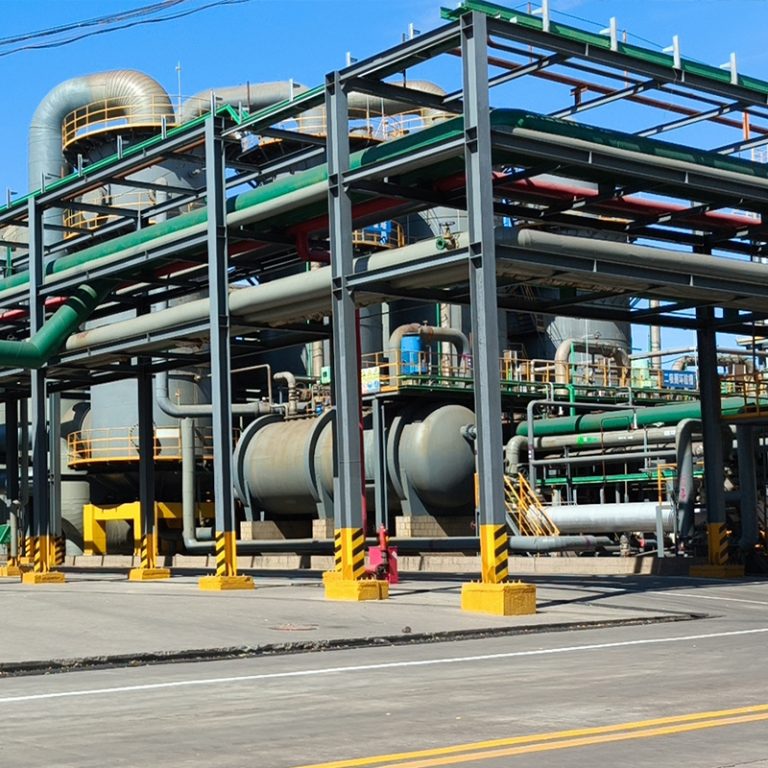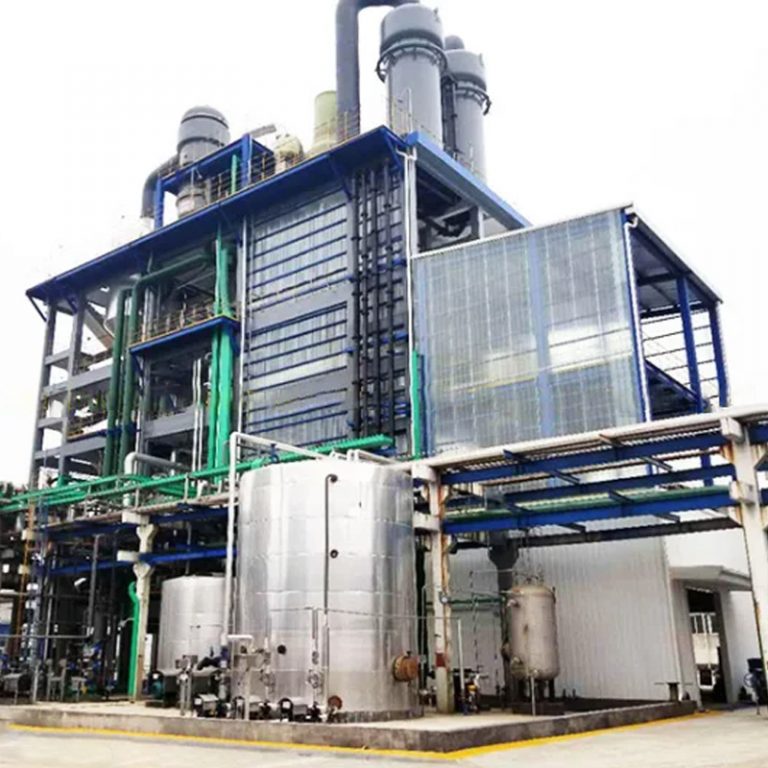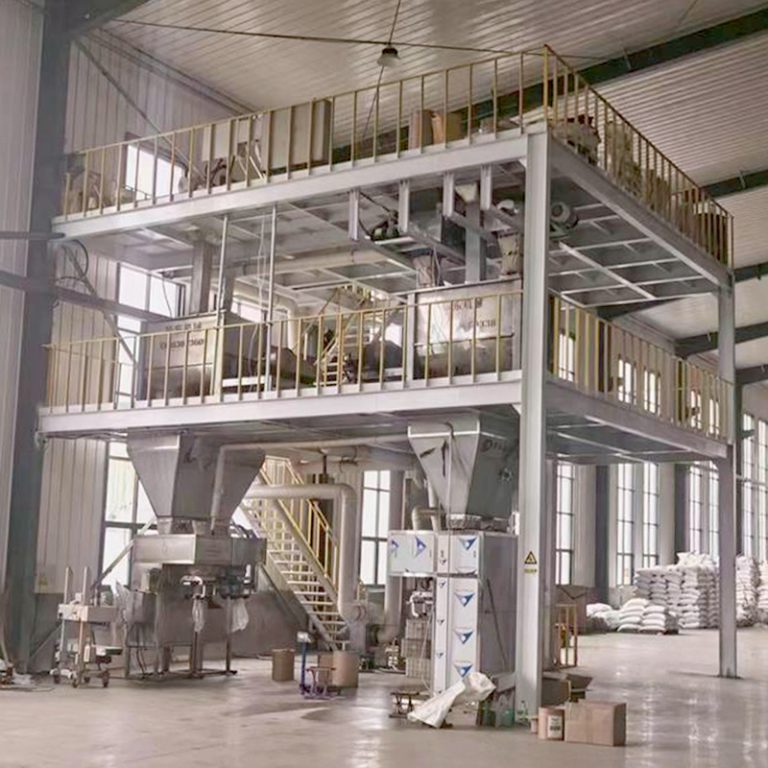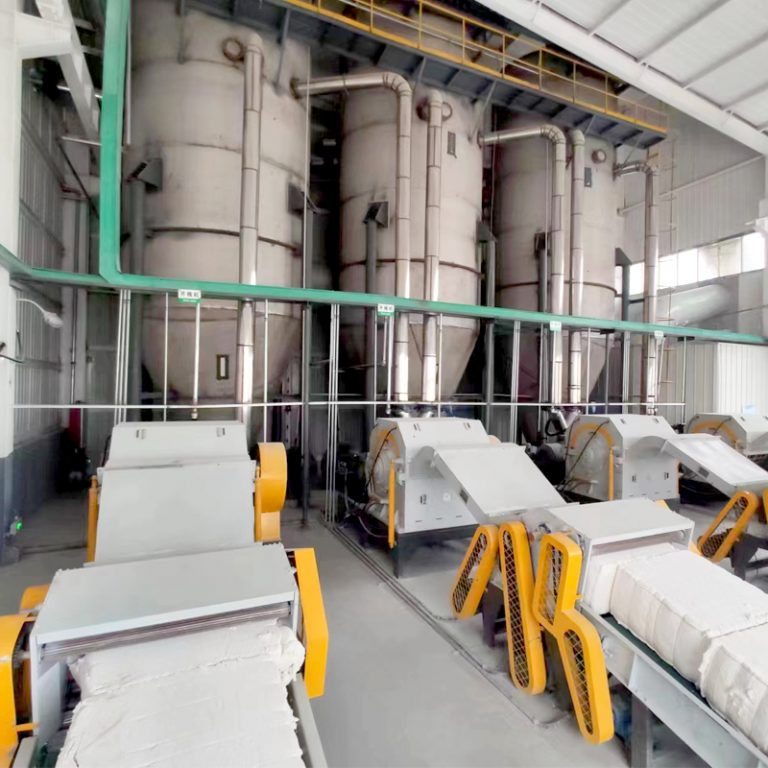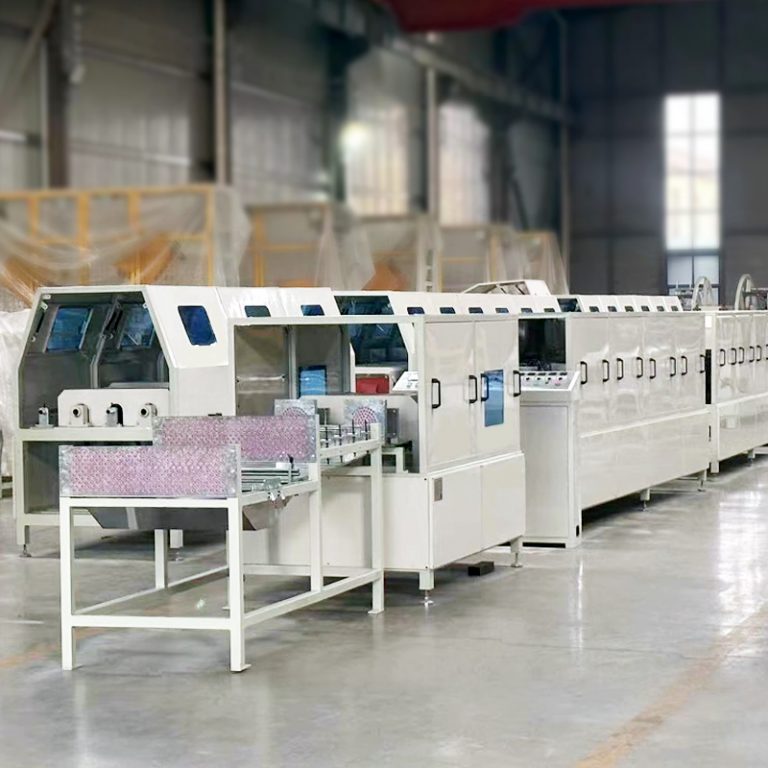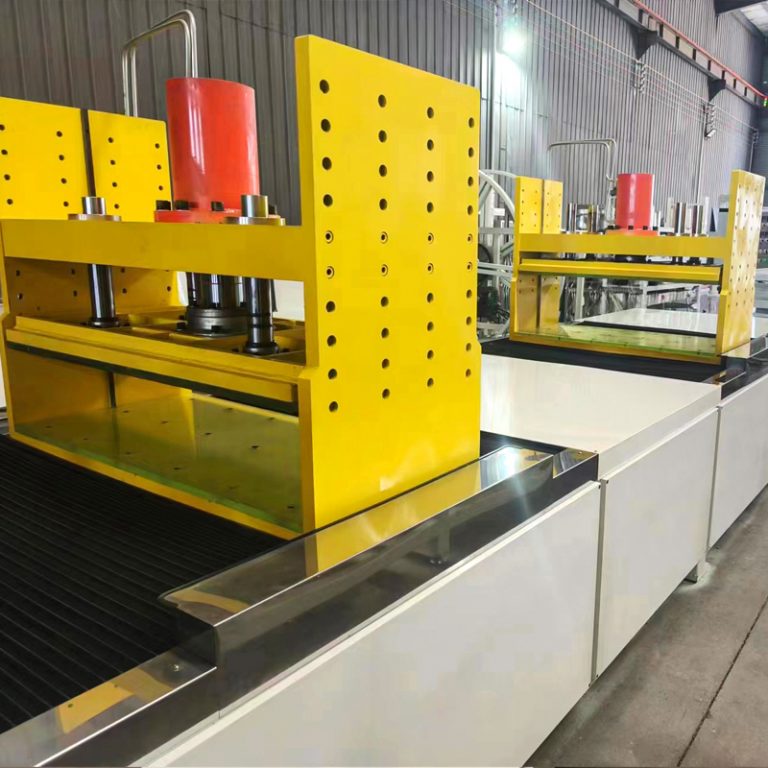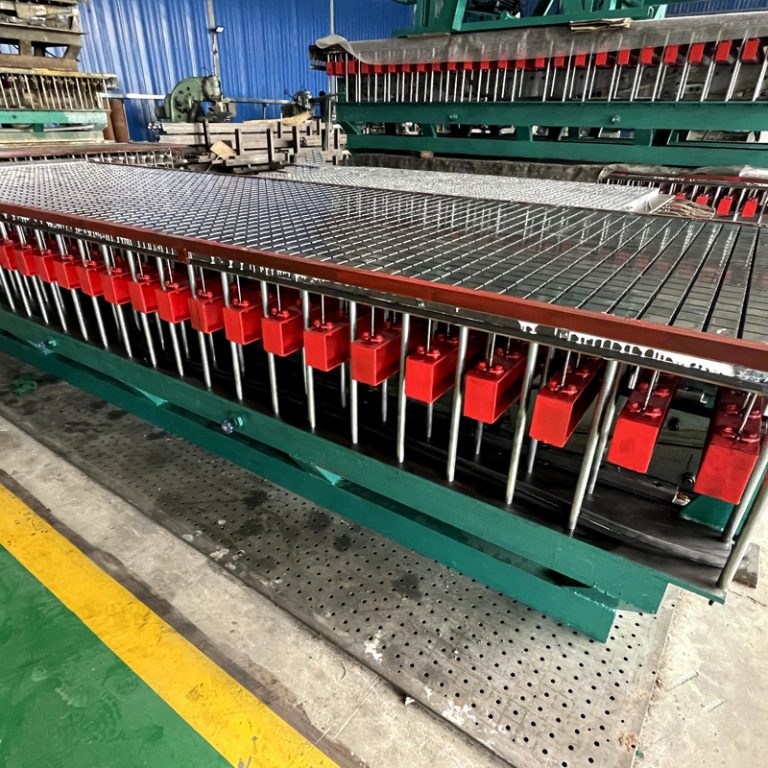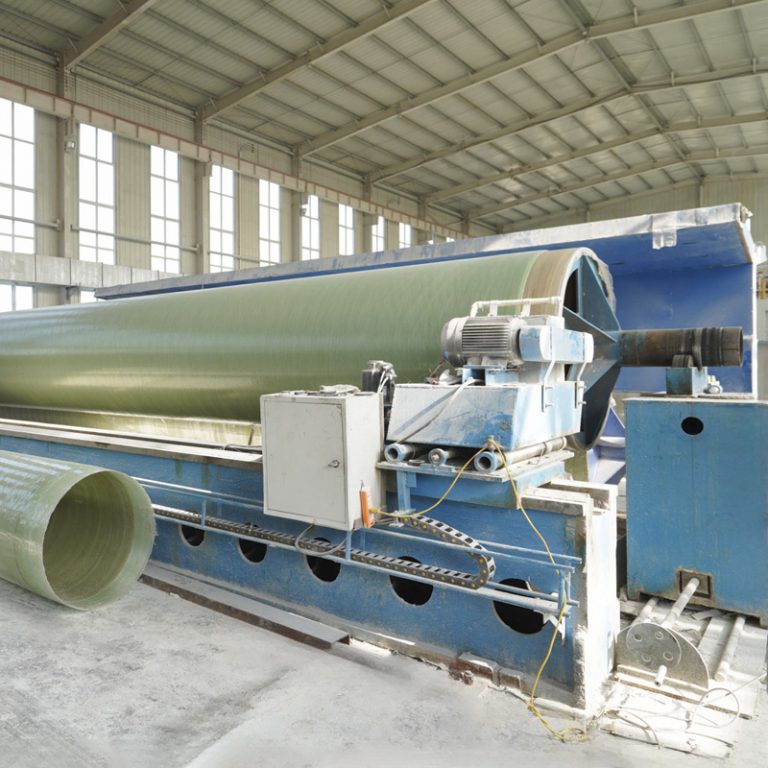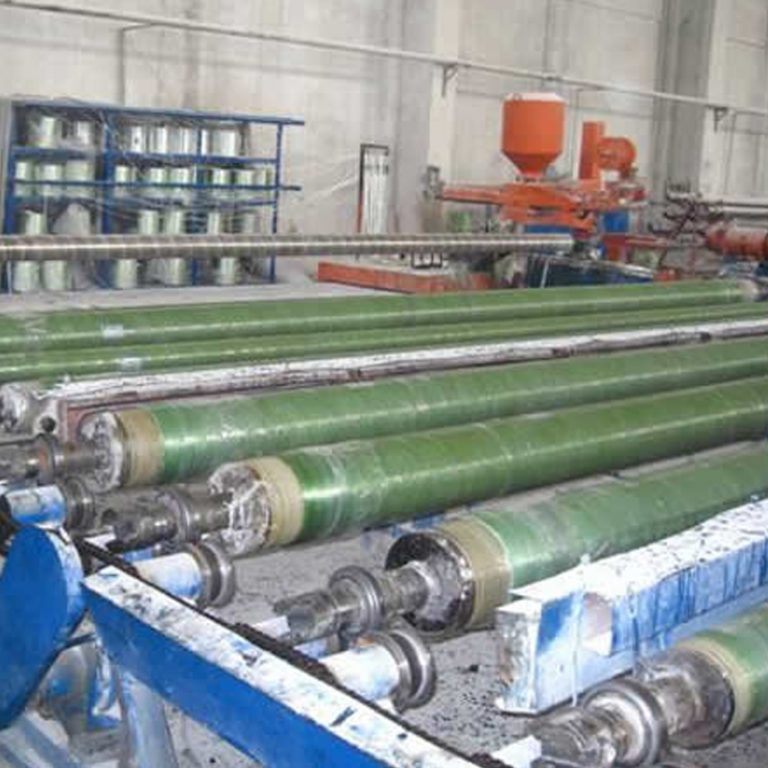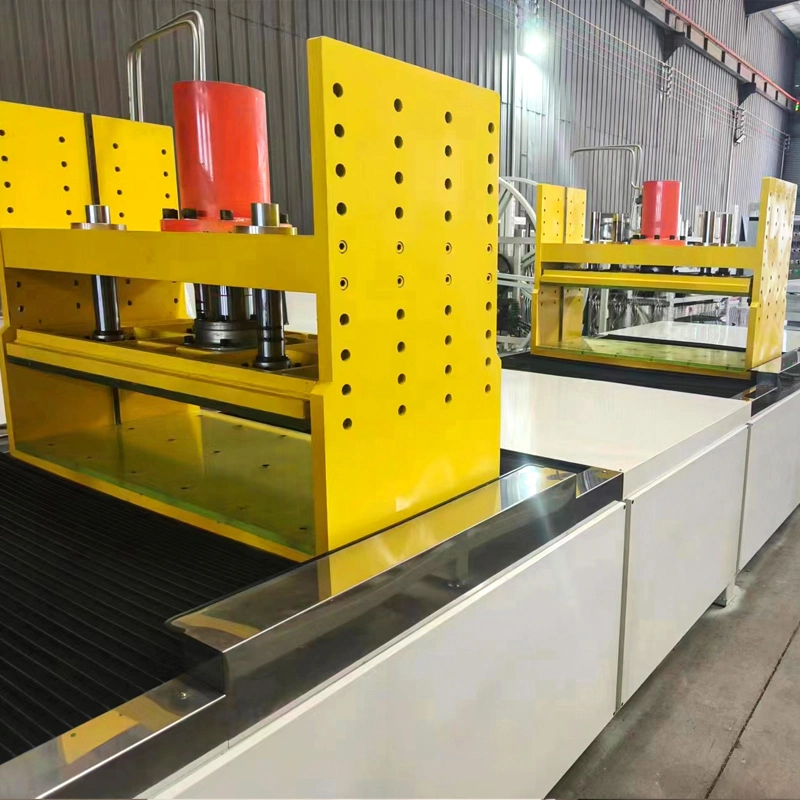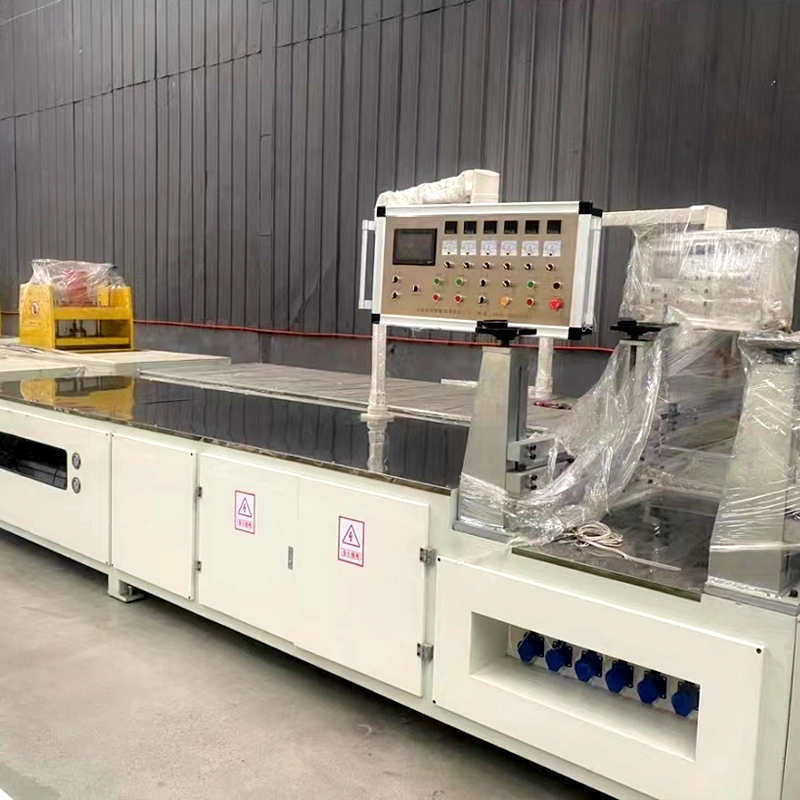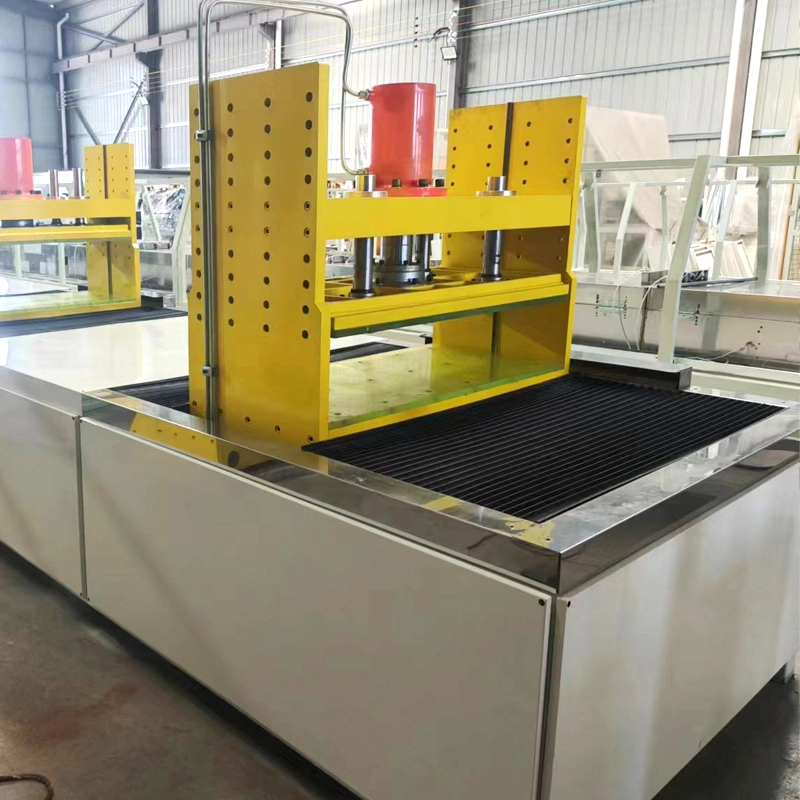Advantages of Using FRP/GRP in Infrastructure Projects
Lightweight and High Strength Properties
FRP/GRP materials are well-known for being light yet super strong. These traits make them a top pick for infrastructure jobs where cutting down on weight matters, but you still need toughness. Using FRP pultrusion machines helps churn out profiles with great tensile and bending strength. This keeps them sturdy and dependable.
The hydraulic FRP pultrusion production line uses PLC controls and has an LCD screen. It’s a full setup that combines hydraulic back-and-forth pulling with air-powered fixed-length cutting. This smart tech makes production smoother while keeping the final product solid.
Corrosion Resistance for Longevity
One big perk of FRP/GRP materials is how well they fight off rust and wear. Unlike old-school stuff like steel or wood, FRP items don’t break down when hit with tough weather, saltwater, or chemicals. This makes them awesome for long-lasting use near the coast or in factories.
Pipes made with the mortar-winding machine cut costs and boost stiffness by adding mortar. It doesn’t hurt the leak-proof layer or the main structure. These clever ideas keep infrastructure tough and low-maintenance.
Cost-Effectiveness in Large-Scale Applications
FRP/GRP materials save money compared to regular options. Their light weight slashes shipping costs. Plus, they’re easy to set up, which cuts labor bills. Their long life also means fewer fixes or swaps down the road.
The RPM pipe costs 40% less than a standard FRP pipe. Its stiffness has gotten way better too. This mix of cheapness and quality makes FRP pultrusion equipment a go-to for big projects.
Applications of FRP/GRP Pultrusion Machines in Infrastructure
Structural Components for Bridges and Tunnels
Benefits of FRP/GRP Beams and Panels in Bridge Construction
FRP beams and panels, made with slick pultrusion methods, are popping up more in bridge building. They’ve got a killer strength-to-weight ratio. These parts are simple to move around on-site. That means faster setup than with heavy stuff like concrete or steel.
Enhancing Durability in Tunnel Reinforcement with Pultruded Products
In tunnels, pultruded FRP profiles stand up great to water and chemicals. This keeps the structure steady for years. Their flexible designs can fit whatever a project needs.
Utility Poles and Electrical Infrastructure
The Role of Non-Conductive Materials in Power Distribution
FRP utility poles don’t conduct electricity, which makes them perfect for power setups. This feature boosts safety by cutting risks tied to power flow in bad weather.
Advantages Over Traditional Materials
Compared to wood or steel poles, FRP ones last longer and need less upkeep. They also shrug off weather damage. The hydraulic traction device offers different work modes and adjustable speeds with no steps. These perks help slash running costs big time.
Marine and Coastal Structures
Application in Seawalls and Docks for Corrosion Resistance
Ocean settings are rough with all that saltwater around. Pultruded FRP products work great for seawalls, docks, and other coastal builds because they don’t rust easily.
Performance Under Harsh Environmental Conditions
FRP stuff holds up its strength even in crazy conditions like high dampness or wild temperature swings. This keeps marine builds working fine for a long time without constant fixes.
Industrial Platforms and Walkways
Improving Safety Standards with Anti-Slip Surfaces
Industrial platforms from FRP pultrusion machines often come with anti-slip tops. These boost worker safety, especially in spots that get wet or messy.
Customizable Designs for Various Industrial Needs
FRP platforms can be shaped to fit whatever an industry wants, thanks to pultrusion’s flexibility. It comes with different molds to make profiles in all sorts of sizes. This handy trait means industries can count on these fixes no matter their challenges.
Innovations in FRP/GRP Pultrusion Technology by Aoliande
Advanced Automation Features for Precision Manufacturing
Aoliande’s FRP pultrusion machines pack top-notch automation for spot-on production. The hydraulic FRP pultrusion production line uses PLC controls and an LCD screen. It’s a full unit tying together hydraulic back-and-forth pulling and air-powered fixed-length cutting. These tricks lift efficiency, cut down on handwork, and keep quality steady.
High-precision dual-display tools for temperature and digital speed readouts make sure every profile hits tough quality marks. The gear’s flexibility lets it crank out profiles like I-beams, round rods, square tubes, and photovoltaic brackets. It has molds for all kinds of cross-sectional sizes. This adaptability means makers can handle lots of industry needs without extra setups.
Plus, the hydraulic system uses energy-saving pumps and imported seals. This cuts noise and stretches out the machine’s life.
Sustainable Production Processes to Reduce Environmental Impact
Aoliande puts a big focus on keeping things green in their work. Their FRP pultrusion gear is built to use resources smartly and waste less. For instance, the RPM pipe costs 40% less than a regular FRP pipe. Its stiffness has jumped up too. This tweak saves cash and helps the planet by using materials better.
Automated systems in Aoliande’s machines make sure materials get used just right. This cuts extra resin or fiber waste. Also, using rust-proof materials in their products makes them last longer. That means fewer replacements and less stuff used overall.
FAQ
Q: What are the main advantages of using FRP/GRP materials in construction?
A: FRP/GRP materials offer lightweight properties, high strength, corrosion resistance, cost-effectiveness, and long-term durability.
Q: How does an FRP pultrusion machine enhance infrastructure projects?
A: An FRP pultrusion machine boosts efficiency by making strong profiles with flexible designs. It keeps quality steady with automated steps.
Q: Why are FRP products preferred for marine applications?
A: They fight off rust from saltwater, stay strong in tough conditions, and need little upkeep.
Q: What makes FRP utility poles safer than traditional options?
A: Their non-conductive nature cuts electrical risks during storms or bad weather.
Q: Can industrial platforms made from FRP be customized?
A: Yes, they can be built with features like anti-slip tops or custom sizes to fit different industry needs.
For further inquiries about FRP pultrusion machine or related equipment such as FRP pultrusion plant or FRP pultrusion production line: WhatsApp: +86-13363884492, Email: belen@aldfrp.com








